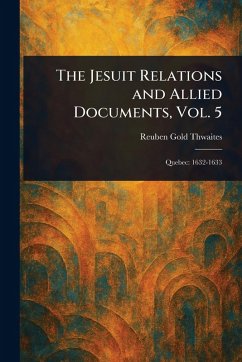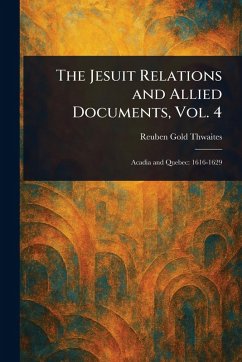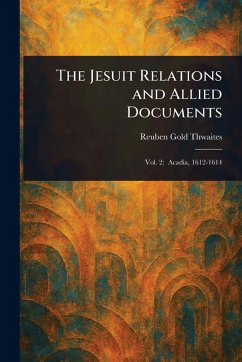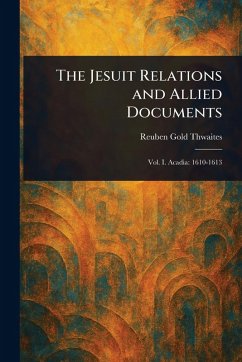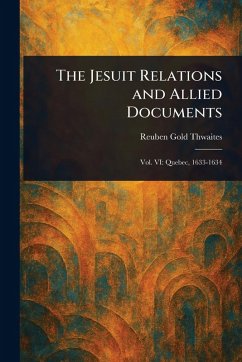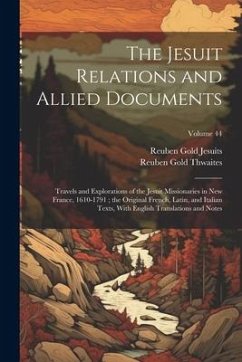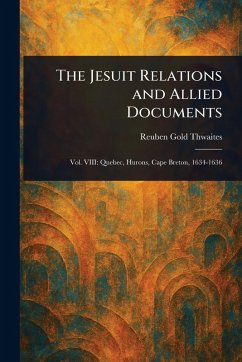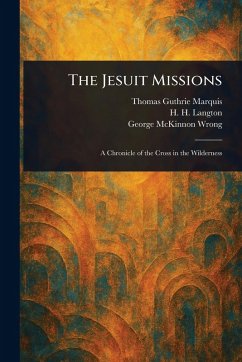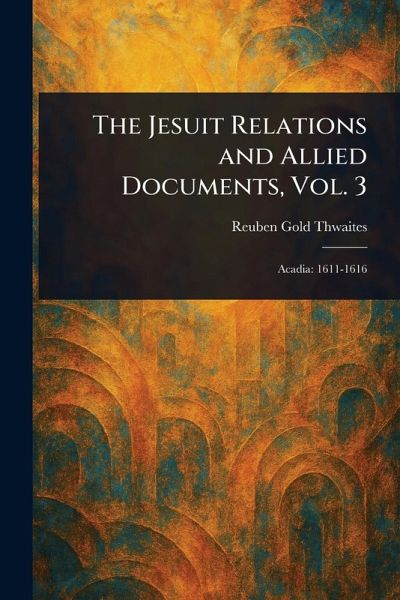
The Jesuit Relations and Allied Documents, Vol. 3

PAYBACK Punkte
10 °P sammeln!
Explore the early history of Acadia through the firsthand accounts of Jesuit missionaries in "The Jesuit Relations and Allied Documents, Vol. III: Acadia, 1611-1616." This meticulously prepared volume offers a unique window into the missionary work of the Catholic Church in New France and the complex interactions between European colonizers and Indigenous populations. Delve into the challenges and triumphs of the Jesuits as they navigated the landscape of Acadia, documenting their experiences and observations. This collection provides invaluable insights into the colonial history of Canada, of...
Explore the early history of Acadia through the firsthand accounts of Jesuit missionaries in "The Jesuit Relations and Allied Documents, Vol. III: Acadia, 1611-1616." This meticulously prepared volume offers a unique window into the missionary work of the Catholic Church in New France and the complex interactions between European colonizers and Indigenous populations. Delve into the challenges and triumphs of the Jesuits as they navigated the landscape of Acadia, documenting their experiences and observations. This collection provides invaluable insights into the colonial history of Canada, offering a detailed glimpse into a pivotal period of cultural exchange and religious conversion. Gain a deeper understanding of the early encounters between Europeans and the Indigenous peoples of North America through these original documents, essential reading for anyone interested in the history of the Jesuits, Acadia, and the colonial era. This work has been selected by scholars as being culturally important, and is part of the knowledge base of civilization as we know it. This work is in the public domain in the United States of America, and possibly other nations. Within the United States, you may freely copy and distribute this work, as no entity (individual or corporate) has a copyright on the body of the work. Scholars believe, and we concur, that this work is important enough to be preserved, reproduced, and made generally available to the public. We appreciate your support of the preservation process, and thank you for being an important part of keeping this knowledge alive and relevant.






